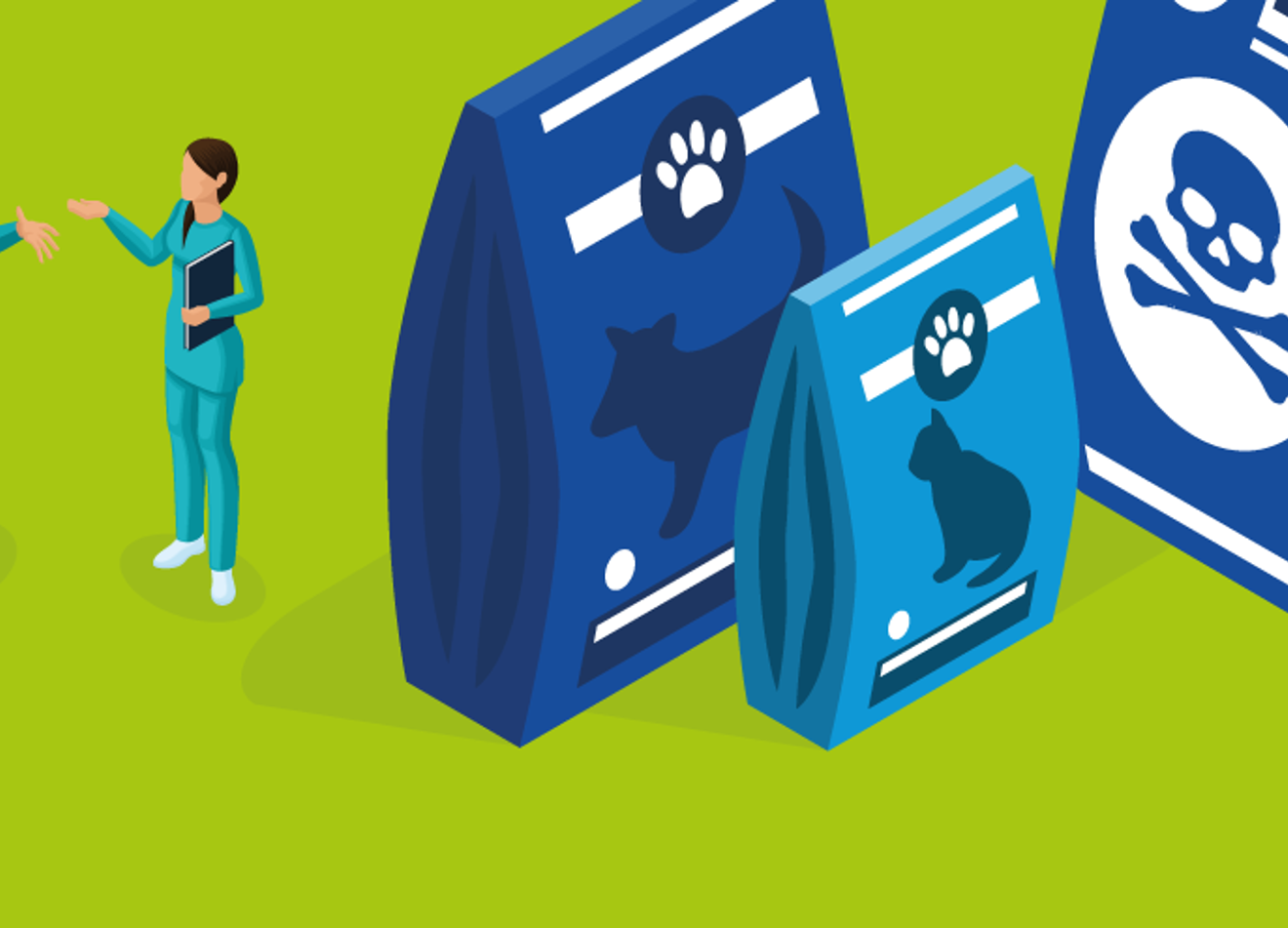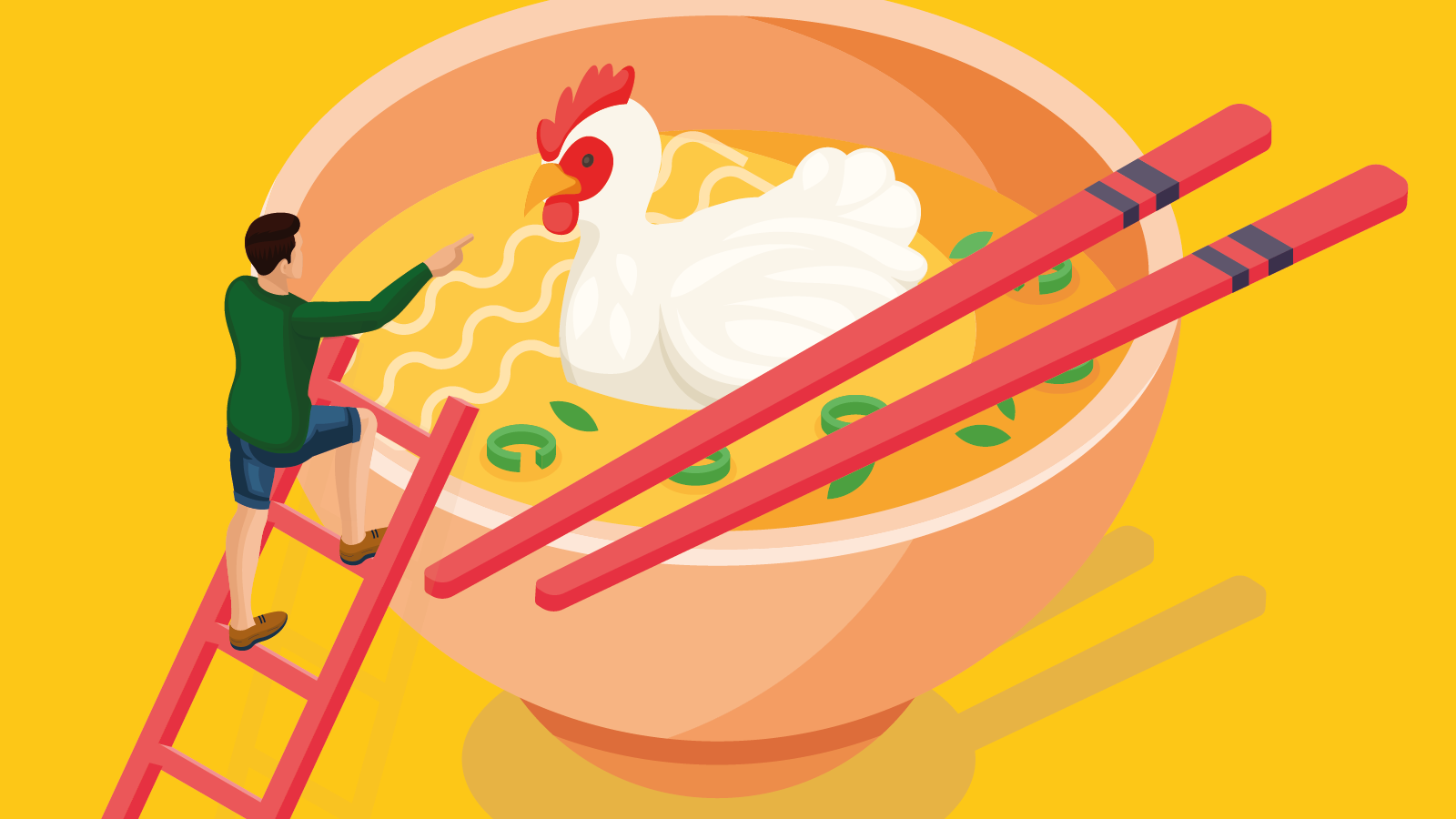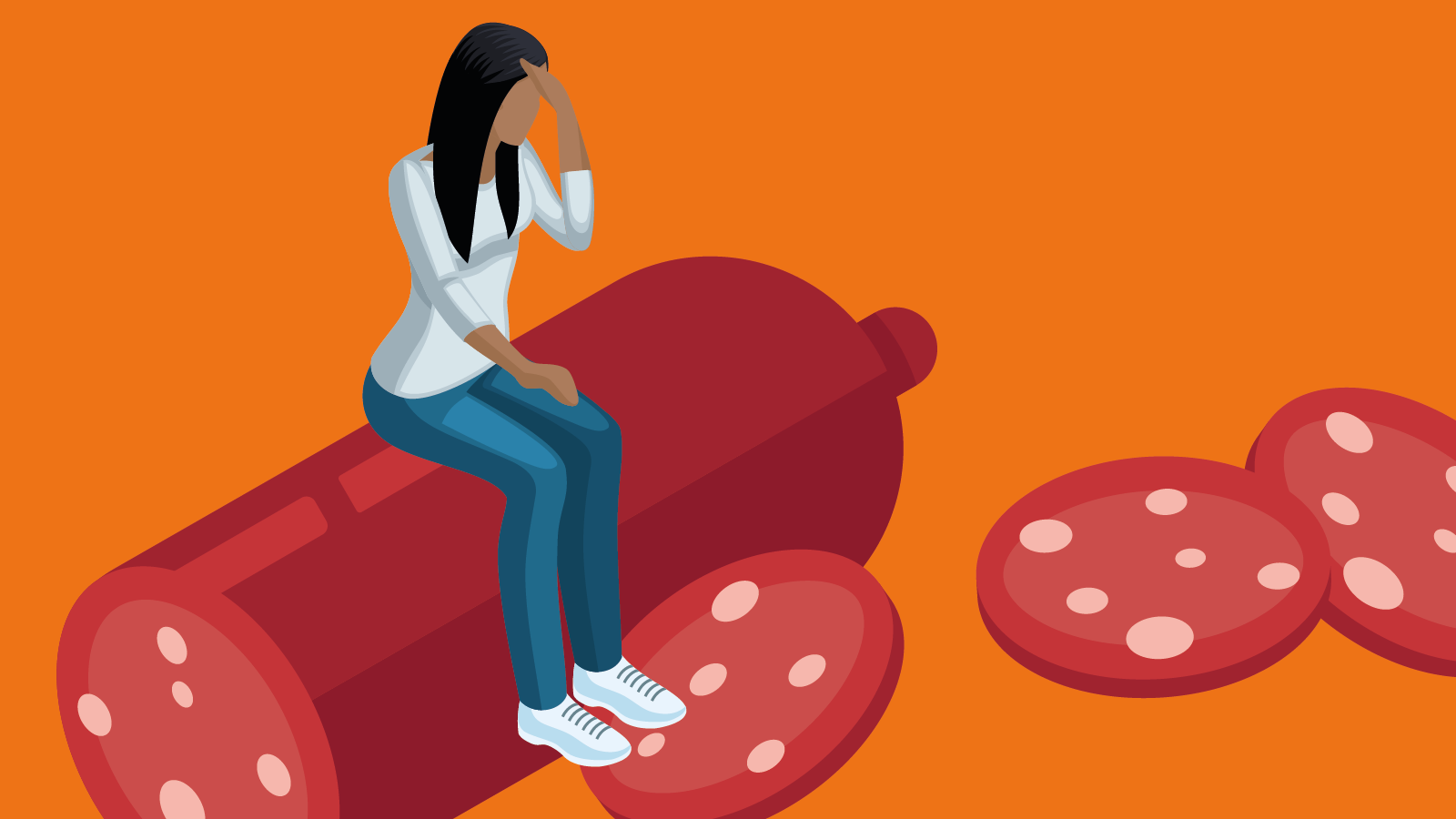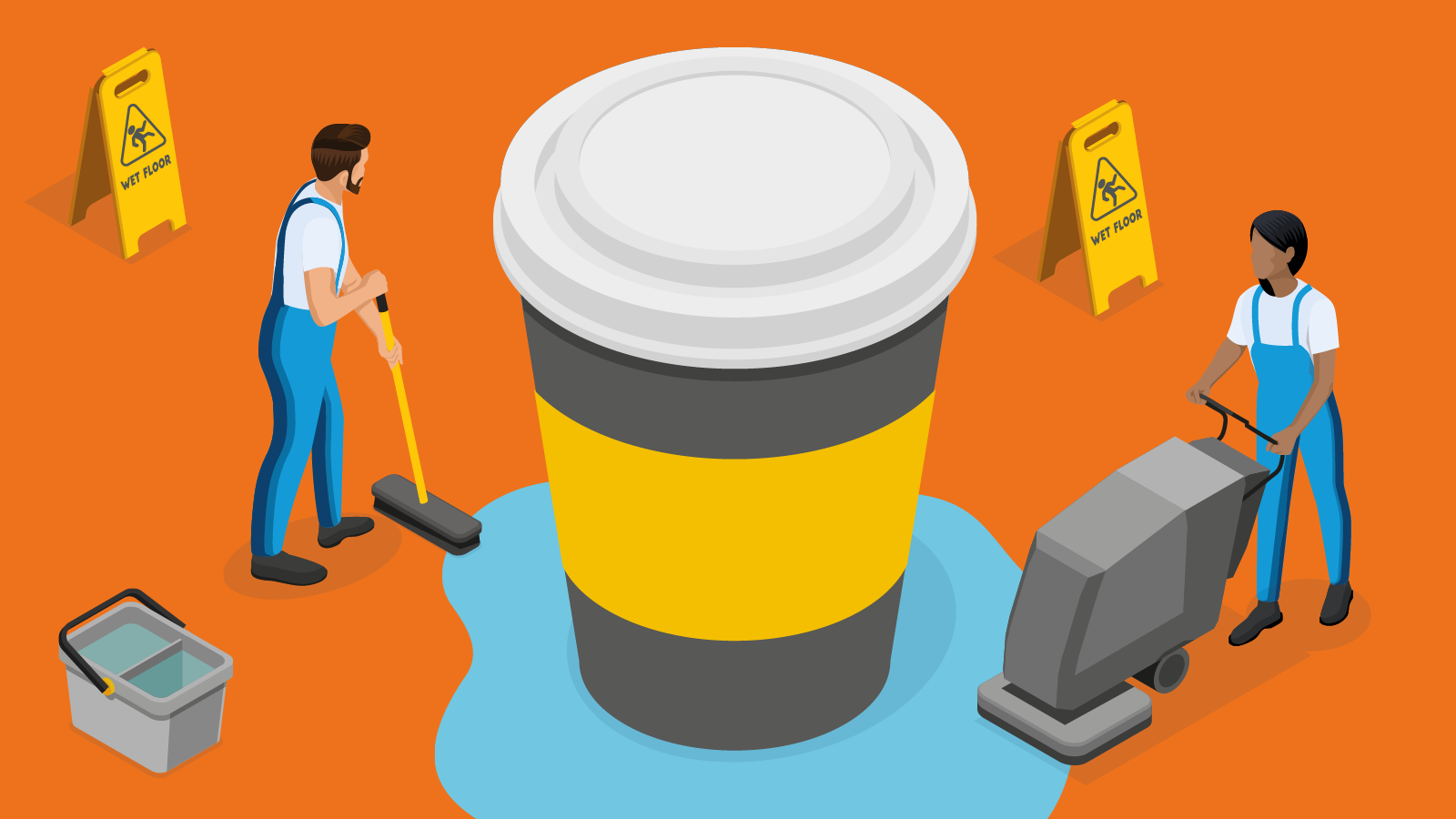A leading pet food manufacturer*, manufactures multiple lines of cat and dog food under their own brand, and also contracts to manufacture similar pet food products for external brands under white-label. The company’s revenues in the last financial year were $95,000,000.
To produce their pet food, the manufacturer imports some of their ingredients from various suppliers worldwide, including wheat gluten, which is a common ingredient. The ingredients come with certificates of conformance and the company completes random batch testing once the ingredients arrive at their warehouse.
Despite a rigorous quality testing procedure, in January 2018 a large batch of contaminated wheat gluten went undetected due to human error. Consequently, the batch was incorporated into a number of different product lines, under two external brands as well as the company’s own label. The manufacturer was first made aware of the potential contamination after several customers took to social media to complain of their pets falling seriously ill.
As backlash from angry and distraught pet owners continued to spread across the media, the Food & Drug Administration (FDA) and Canadian Food Inspection Agency (CFIA) stepped in to help manage the situation. They advised the pet food manufacturer to conduct testing on several of their product lines to identify where the problem was originating, revealing that one of their newer suppliers had unknowingly contaminated a batch of the wheat gluten with a chemical commonly found in paint thinner. The chemical is incredibly dangerous for animals and has led to kidney failure and fatalities in cats and dogs.
The batch of contaminated wheat gluten had slipped through the rigorous quality controls, and consequently had been incorporated into multiple product lines. Ultimately, this led to the FDA and CFIA recommending a recall of four product lines from a multitude of stores across North America.

Despite the company utilizing tight quality controls and procedures, a supplier error resulted in a significant cost to the company and damaged their reputation as a quality pet food manufacturer.
Recalling the product
The initial costs for the recall event and product testing were upwards of $300,000. CFC’s policy initially reimbursed the manufacturer for testing the product to confirm it would cause bodily injury (this carried no deductible). CFC’s policy also covered the costs of the manufacturer, their customers and retailers all recalling the product. These included the costs associated with publicising the recall event, including a crisis PR campaign and consumer care line, as well as the transportation, labor and disposal of the product.
Subsequent to the recall expenses, there were expenses of $1,000,000 for the cost to resource new ingredients and remanufacture as well as cleaning down the premises which were indemnified through CFC's policy. Unfortunately the insured hadn't opted to purchase Third Party Recall Liability so there were claimants expenses which were uninsured.
Immediately following the recall, one of the company’s whitelabel partners cancelled their manufacturing contract, and a second large US retailer stopped selling all of their product lines. The pet food manufacturer had a loss of sales for 12 months, amounting to $1,250,000, which subsequently was covered under CFC's policy.
Reputational damage
Consumer confidence in the pet food manufacturer’s products declined rapidly after the recall. To combat the reputational damage the company suffered, CFC’s policy provided rehabilitation costs, which covered costs of $250,000 for the business to promote and advertise their insured products in an effort to build a new customer base and reassure existing customers.
Despite the company utilizing tight quality controls and procedures, a supplier error resulted in a significant cost to the company and damaged their reputation as a quality pet food manufacturer. Fortunately, purchasing a recall insurance policy has meant that this issue has not affected their balance sheet or the viability of the business.
*The companies and circumstances in this case study are fictional, but the scenarios are realistic and reasonable based on our experience.




